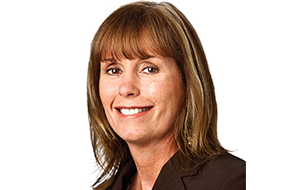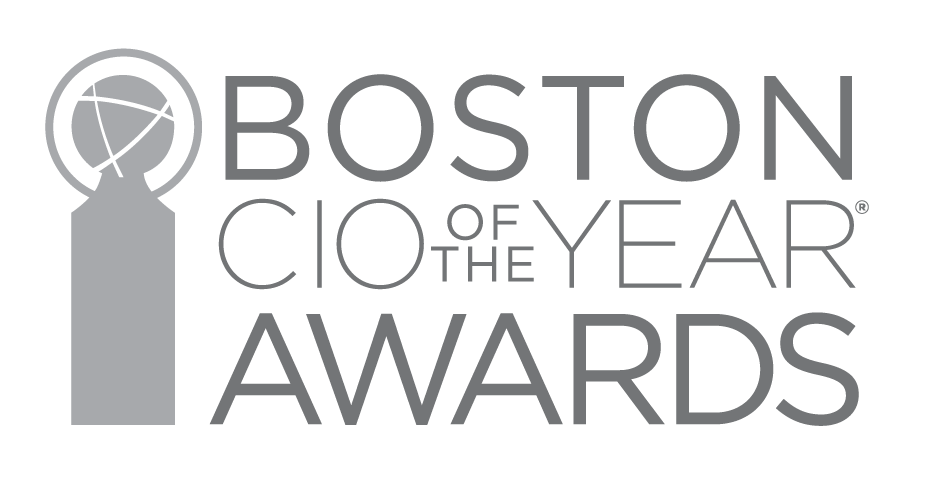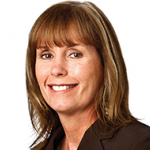Marilyn Daly, CIO and VP of operations for Neighborhood Health Plan (NHP), was recently named CIO of the Year in the nonprofit category by Boston CIO Leadership Association. She believes that the best way for leaders to give back to their community is to create more leaders, and that's become key to her IT strategy within NHP. The Enterprisers Project caught up with Daly to find out how she is encouraging individual leadership on her team, and the impact it has had on NHP's end users.

The Enterprisers Project (TEP): Can you tell us some things you are doing to encourage individual leadership within your organization?
 Daly: I’ve been a mentor for many folks that have worked for me. In fact, nearly everybody currently on the leadership team entered the organization at a staff level and progressed upwards and, in some cases, have moved on to bigger opportunities outside of the organization. Some people would say it’s better to hire from the outside, and sometimes that’s true. But the ability to grow talent and invest in people is a key leadership skill that CIOs need to embrace, particularly in organizations where demand for IT talent is high.
Daly: I’ve been a mentor for many folks that have worked for me. In fact, nearly everybody currently on the leadership team entered the organization at a staff level and progressed upwards and, in some cases, have moved on to bigger opportunities outside of the organization. Some people would say it’s better to hire from the outside, and sometimes that’s true. But the ability to grow talent and invest in people is a key leadership skill that CIOs need to embrace, particularly in organizations where demand for IT talent is high.
Additionally, I’m a firm believer that we deliver more effectively if we work as a team than as individual contributors. To do this, you have to leave your titles at the door, and you have to recognize that everybody has an equal role to play. Allowing everyone to contribute, to make an impact, brings out more leadership skills among the team. People will naturally become more confident in bringing forward their ideas.
A young colleague recently contacted me out of the blue – she was looking for a mentor. I was pretty impressed because I’ve only interacted with her a couple of times. But that's precisely the behavior that I want to foster on my team. That kind of openness and support enables people to grow successfully.
 TEP: Is there a big emphasis on training within your IT organization?
TEP: Is there a big emphasis on training within your IT organization?
Daly: Yes, we have several management-track programs as well as some other interesting courses people can take. There's one called “Managing Difficult Conversations” that everyone has enjoyed. It helps people approach communication challenges, which I think it critical for IT.
Neighborhood Health Plan has also made a significant investment to put the entire company through accountability training, with the goal of focusing people on what’s important for the organization and how each individual contributes to the business. We’re also in the process of moving as much work as possible into an agile framework, and that’s engaging people much more effectively than some traditional management styles have in the past.
TEP: Do you find that this approach to leadership and skills training helps to keep you out of the war for IT talent that so many CIOs are facing today?
Daly: The war for IT talent – I don’t think it will ever go away. Although what it has done is create a huge demand for IT resources, which has helped us to establish a more effective vetting criteria within the organization. We help the whole organization understand that what they’re requesting has to tie back to the strategic plan of the business, not the individual’s request. We also look to promote a self-service infrastructure wherever we can. We do a lot of analytical work that encourages self-service so that the end user can get their own data.
TEP: How does this focus on the end user inform your IT strategy?
Daly: First and foremost, we thrive on using technology to transform the experience that we have with our members. IT and operations are aligned on this front, and we are collaborating against an end-to-end dashboard to make sure that everything around a member’s enrollment, right down to paying a provider’s claim, is working effectively.
We’re now starting to work with one of our key vendors on what we’re calling “data transformation.” This will help us consume data from both our external and internal sources along with the data our members provide so that we can pull together more comprehensive profiles of what’s important to our members. We’re focused on becoming more and more data-driven, recognizing what is important to each member. It's enabled us to do things as simple as giving our members the ability to print a temporary ID card. It sounds very basic, but we’re the only health plan that supports that right now.
Our innovation strategy in IT is centered on knowing exactly what our members want from us, and data is how we are accomplishing that. The IT organization is wired with a customer service mentality. It’s just baked into who we are.
TEP: Do you have any advice for other CIOs who are trying to make that end user connection and create more alignment between their IT organizations and the business vision and direction?
Daly: In today’s world, there can't be a difference between technology and the business, because they’re so tightly aligned. I'd tell other CIOs to go back to their roots and look at what they know works well, what they have learned from, what in their career has made a difference. For us, we’re not a pure technology organization, nor have we ever been. We don’t focus on the infrastructure; we focus on business intelligence. I think that piece of the puzzle is critical today. I don’t know that it matters what role you’re in anymore. Everyone in the business can benefit from data and the role that it plays in achieving business outcomes.
TEP: As a CIO, how do you stay current? Are there other types of media and peer sources that you’re using to help do that beyond Boston CIO?
Daly: I have a relationship with Gartner, and I attend their major symposium annually, as well as some of their smaller, local events. They recently had an event for women CIOs, which I found fascinating. We all left that with a connection point, where we’re all from different industries, but we all found value in the relationship.
I'm a board member of NEHEN, the New England Health EDI Network, and that’s a cross-functional makeup of CIOs from both health plans and provider organizations. I also participate in a lot of LinkedIn groups, and I read the Boston Business Journal and The Wall Street Journal every day.







